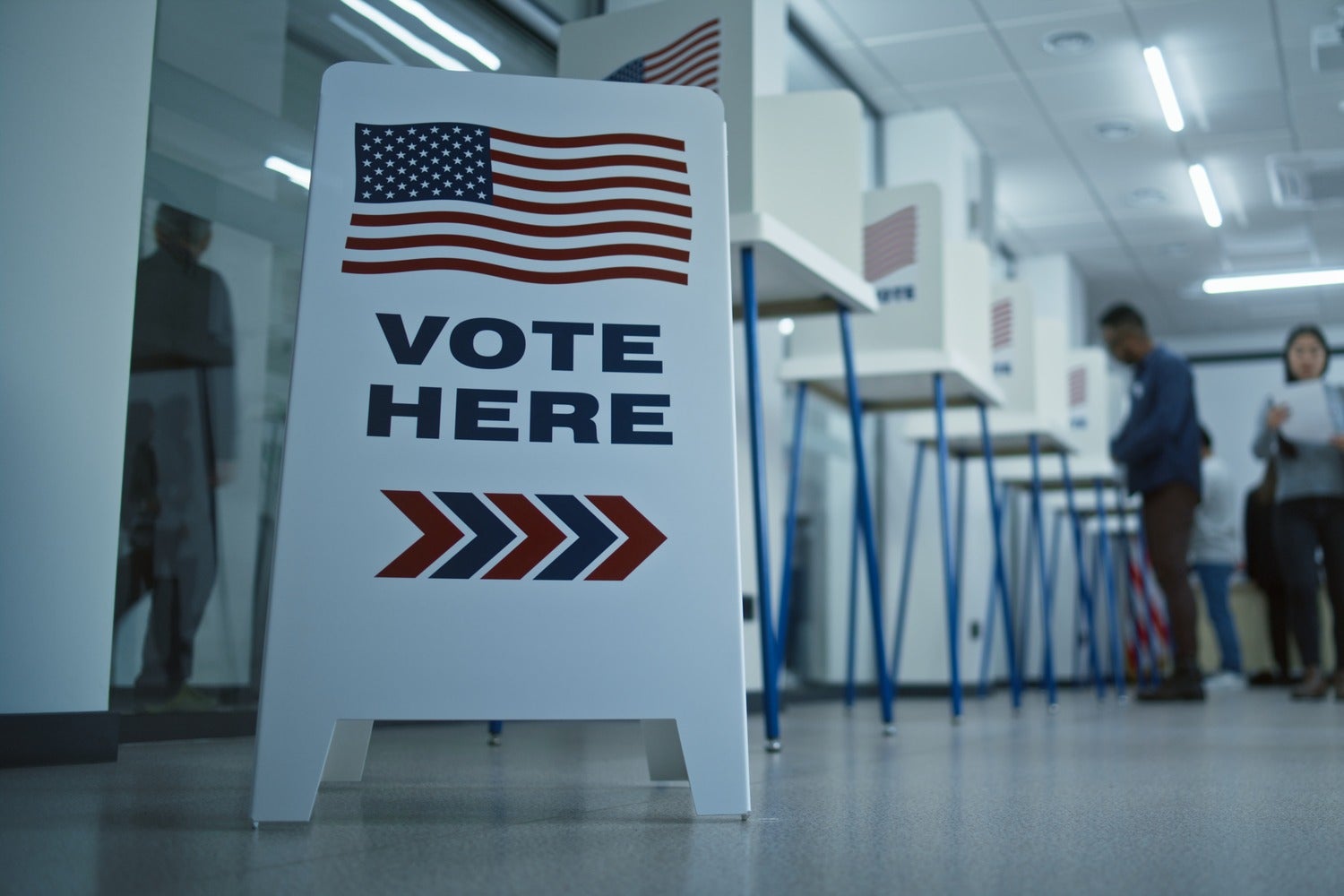The presidential election is two weeks away—and the outcome will shape the future of energy and climate in the nation. The first action you can take as an individual is to cast your vote for candidates whose policies and positions support curbing our reliance on fossil fuels and creating and ensuring a just transition to a cleaner economy.
Once you’ve got your own voting plan in place, the next-best thing is to encourage and help other environmentalists and climate-minded folks to get to the ballot box. In your immediate circle of friends and family, that can start by talking to them about their voting plan, and offering to help if they need transportation, child care, or other support to get to the polls. If you’re ready to push outside your community, here are three ways you can jump in:
Mobilize environmental voters
Some 13 million environmentalists in the U.S. don’t vote in federal elections, according to the nonpartisan Environmental Voter Project (EVP). Since 2015, the EVP has transformed 1.8 million of these folks into “super voters,” who consistently participate in federal, state, and local elections. You can volunteer to help them engage even more of the electorate by hopping into one of their phone banks, most of which target swing states like Arizona and North Carolina.
If you’re older, you can also sign up for Elders Climate Action (ECA) and the related program Elders Promote the Vote to phone bank, canvass, and send postcards to nonvoting environmentalists. For the young ’uns, Voters of Tomorrow, a left-leaning advocacy org, organizes phone banks focused on mobilizing Gen Z—who, research shows, are generally more concerned about the climate than previous generations.
Fight voter suppression
Voter suppression, often backed in part by corporate polluters, targets people of color, those with disabilities, young people, and other voting blocs who are more likely to support climate-friendly leaders. Protect the Vote is a nonpartisan group that organizes volunteers to monitor polling places either remotely or from their cars, act as watchdogs on social media to fight disinformation, and connect voters with legal pros who can advise them about their rights.
Another option is to volunteer as a poll worker to keep your local polling place running smoothly and keep an eye out for any form of intimidation at voting sites. This search tool can help you find information specific to your area on how to sign up to be a poll worker, including what training you need, hours, and pay.
Donate to climate voting organizations
If you don’t have time to work the polls or phone bank, there are many groups that offer resources during election season—and that can always benefit from monetary support. Vote Climate U.S. PAC curates helpful guides and scores candidates’ climate policies. Movement Voter Project’s Climate Vote Fund funnels donations to local, grassroots climate groups and works to boost turnout in some of the most pivotal races across the country. And the League of Conservation Voters also puts together environmental scorecards for the representatives of your area.

